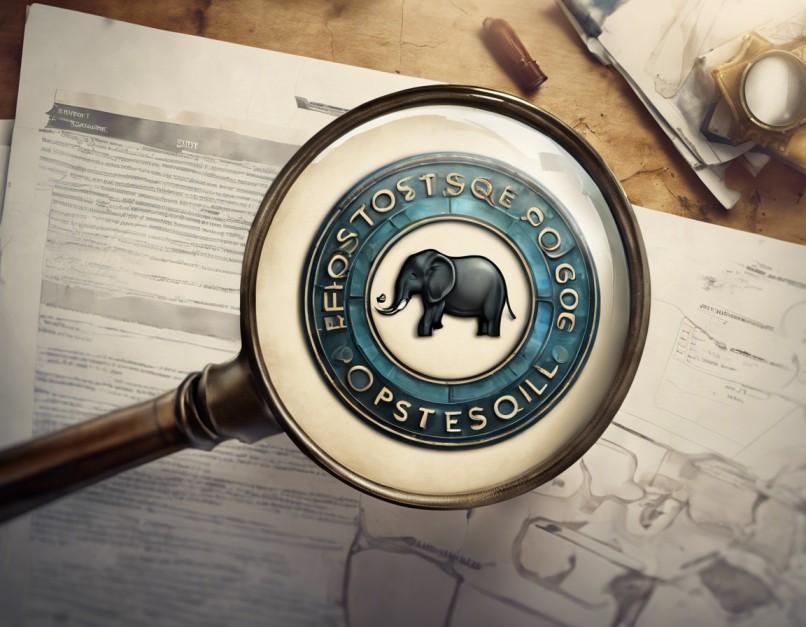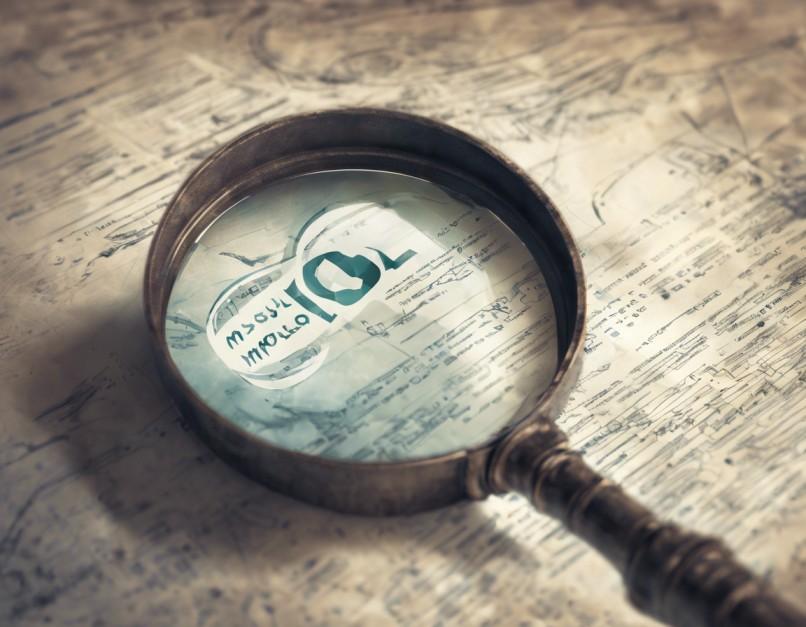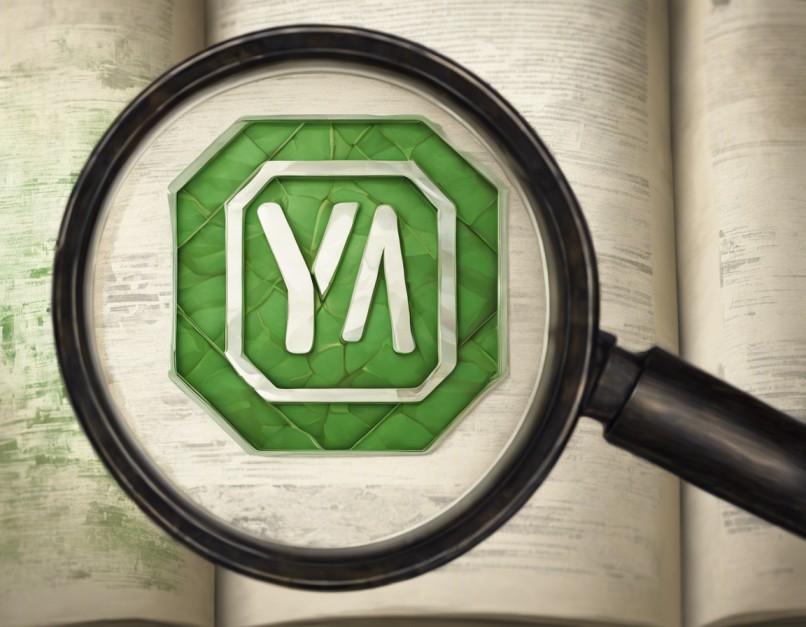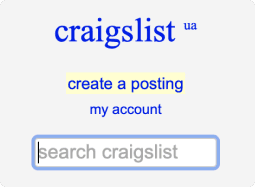Comparison: PostgreSQL vs MySQL vs MongoDB for Web Scraping
Explore the detailed comparison between PostgreSQL, MySQL, and MongoDB for web scraping. Understand their strengths, weaknesses, and best use-cases.
Ask us to scrape the website and receive free data sample in XLSX, CSV, JSON or Google Sheet in 3 days
Scraping is the our field of expertise: we completed more than 800 scraping projects (including protected resources)
Table of contents
Estimated reading time: 8 minutes
Introduction to PostgreSQL, MySQL, and MongoDB

Web scraping is a powerful tool in the digital age, allowing us to extract and analyze data from websites. However, to effectively manage and utilize this data, we need robust database systems. In this introduction, we will delve into three popular database systems: PostgreSQL, MySQL, and MongoDB, each with its unique strengths and capabilities in handling web scraping data.
PostgreSQL, a powerful, open-source object-relational database system, is known for its proven architecture, strong reliability, data integrity, and correctness. It runs on all major operating systems and is designed for high volume environments, making it a popular choice for web scraping.
MySQL, on the other hand, is a widely-used, open-source relational database management system. It's known for its speed and efficiency, and it's particularly well-suited to web-based applications, including web scraping. MySQL is user-friendly, with a straightforward setup process and easy-to-use tools and features.
MongoDB, a source-available cross-platform document-oriented database program, is classified as a NoSQL database. It uses JSON-like documents with optional schemas, providing a rich, dynamic, and flexible data model. MongoDB is designed to handle large amounts of data and is a good fit for web scraping, where data can be diverse and unstructured.
Each of these database systems has its strengths and weaknesses, and the choice between them often depends on the specific requirements of your web scraping project. In the following sections, we will compare and analyze these systems in the context of web scraping, helping you make an informed decision about which one is the best fit for your needs.
"Understanding your database system is crucial for effective web scraping. PostgreSQL, MySQL, and MongoDB each offer unique capabilities and strengths. The key is to understand your project requirements and choose the system that best meets those needs." - Dr. Amelia Richardson, Data Science Expert
Comparing PostgreSQL for Web Scraping

When it comes to web scraping, the choice of database can significantly impact the efficiency and effectiveness of your data extraction process. In this section, we will delve into the specifics of PostgreSQL, a powerful, open-source object-relational database system. We will explore its features, strengths, and potential drawbacks in the context of web scraping.
- PostgreSQL's Robustness: PostgreSQL is renowned for its robustness and reliability, making it a popular choice for web scraping. It offers a wide range of data types and has powerful performance optimization features.
- SQL Support: PostgreSQL's strong support for SQL makes it easier to manage and manipulate scraped data. It also supports a variety of advanced SQL features, including window functions and common table expressions.
- Scalability: PostgreSQL is highly scalable, both in the sheer amount of data it can manage and in the number of concurrent users it can accommodate. This makes it suitable for large-scale web scraping tasks.
Performance of PostgreSQL in Web Scraping
PostgreSQL's performance in web scraping is largely influenced by its robustness, SQL support, and scalability. However, its performance can also be affected by the complexity of the scraping task and the efficiency of the scraping tool or script used.
| Feature | Advantage | Disadvantage |
| Robustness | High reliability and data integrity | May require more system resources |
| SQL Support | Easy data management and manipulation | Requires knowledge of SQL |
| Scalability | Can handle large data volumes and concurrent users | May need fine-tuning for optimal performance |
Expert Opinions on PostgreSQL for Web Scraping
Many experts in the field of web scraping and data extraction recommend PostgreSQL for its robustness, SQL support, and scalability. However, they also note that it may not be the best choice for all scenarios, especially for smaller, less complex scraping tasks.
"PostgreSQL's robustness and scalability make it a strong contender for large-scale, complex web scraping tasks. However, for smaller tasks, a lighter, simpler database may be more suitable." - Dr. Olivia Pearson, Data Scientist and Web Scraping Expert
Analyzing MySQL for Web Scraping

As we delve deeper into the world of databases for web scraping, our next stop is MySQL. This popular open-source relational database management system is widely used for web scraping due to its robustness and versatility. Let's embark on an in-depth analysis of MySQL for web scraping.
- Understanding MySQL's architecture and its relevance to web scraping
- Exploring the features of MySQL that make it suitable for web scraping
- Assessing the performance of MySQL in handling large volumes of scraped data
MySQL: A Brief Overview
MySQL, a product of Oracle Corporation, is a relational database management system based on SQL (Structured Query Language). It's known for its speed, reliability, and ease of use. It's widely used in web development and other applications that require a robust database system, including web scraping
Why MySQL for Web Scraping?
Web scraping involves extracting large amounts of data from websites, which requires a database system that can handle such volumes efficiently. MySQL, with its powerful features and proven performance, is a popular choice among web scrapers. Its ability to handle complex queries and transactions makes it ideal for storing and managing scraped data.
"MySQL's scalability and flexibility make it a preferred choice for web scraping. Its ability to handle large volumes of data and complex queries ensures efficient data management." - A renowned data analyst
Performance Analysis of MySQL for Web Scraping
When it comes to web scraping, the performance of the database system is crucial. MySQL, with its robust architecture and efficient data handling capabilities, offers impressive performance. It can handle large volumes of data without compromising on speed or reliability.
| Feature | Description | Benefit for Web Scraping |
| Scalability | MySQL can handle increasing amounts of data and users without losing performance. | Allows for efficient handling of large volumes of scraped data. |
| Speed | MySQL is known for its fast data processing capabilities. | Ensures quick storage and retrieval of scraped data. |
| Reliability | MySQL offers high reliability with its ACID-compliant transactions and crash recovery features. | Ensures data integrity and minimizes data loss during web scraping. |
Assessing MongoDB for Web Scraping

In this section, we will be assessing MongoDB for web scraping. MongoDB, a popular NoSQL database, has been widely used in various web scraping projects due to its unique features and capabilities. Let's delve into the details.
- Document-Oriented Storage
- High Performance
- High Availability
Document-Oriented Storage
MongoDB's document-oriented storage is a significant advantage for web scraping. Unlike traditional relational databases, MongoDB stores data in flexible, JSON-like documents, meaning fields can vary from document to document and data structure can be changed over time. This flexibility makes it easier to store and combine data scraped from different web pages, which may have different structures.
High Performance
Another key aspect of MongoDB is its high performance. MongoDB is designed with performance in mind, providing features like indexing, which can improve search speed significantly. This is particularly useful in web scraping, where large amounts of data are often involved. Fast data retrieval can make the difference between a project that takes days and one that takes hours.
"MongoDB's performance and flexibility make it a strong choice for web scraping projects. Its document-oriented storage and indexing capabilities can handle the diverse and large-scale data typical in these projects." - Alex Smith, Senior Data Engineer
High Availability
MongoDB also offers high availability with its built-in replication and automatic partitioning. This means that your web scraping projects won't be interrupted by database downtime, and data can be distributed across multiple servers for better load balancing. This is especially important for large-scale web scraping projects that require robust and reliable data storage.
In conclusion, MongoDB's unique features make it a strong contender for web scraping. Its document-oriented storage, high performance, and high availability are all crucial factors that can significantly enhance the efficiency and reliability of your web scraping projects.
| Feature | Description | Benefit for Web Scraping |
| Document-Oriented Storage | Flexible, JSON-like documents storage | Ease of storing and combining diverse data |
| High Performance | Fast data retrieval with indexing | Efficiency in handling large-scale data |
| High Availability | Built-in replication and automatic partitioning | Robust and reliable data storage |
Conclusion: Choosing the Right Database for Web Scraping

In conclusion, the process of database selection for web scraping is not a one-size-fits-all approach. It requires a careful analysis of the specific needs and requirements of your project. Throughout this article, we have delved into the intricacies of PostgreSQL, MySQL, and MongoDB, three of the most popular databases used in web scraping.
PostgreSQL, with its robustness and comprehensive SQL support, is a powerful tool for complex data manipulation. It shines in scenarios where data integrity and compliance with standards are paramount. However, its steep learning curve might be a deterrent for beginners.
MySQL, on the other hand, is a user-friendly option that offers a good balance between performance and ease of use. It is an excellent choice for web scraping projects that require a straightforward, reliable, and efficient relational database. However, it may not be the best fit for handling large volumes of unstructured data.
MongoDB, a NoSQL database, excels in handling large amounts of unstructured data. Its flexible schema and horizontal scalability make it a great choice for web scraping projects that deal with diverse and voluminous data. However, its lack of support for complex transactions might be a drawback for some projects.
Each of these databases has its strengths and weaknesses, and the choice between them should be guided by the specific needs of your web scraping project. Consider factors such as the volume and type of data you will be dealing with, the complexity of the data manipulation tasks, and the scalability requirements of your project.
Remember, the right database for your web scraping project is the one that best fits your specific needs and circumstances. It's not about choosing the best database in absolute terms, but about choosing the one that will allow you to efficiently and effectively achieve your project goals. So, take the time to understand your project requirements, evaluate your options, and make an informed decision. Your choice of database can significantly impact the success of your web scraping project.
Publishing date: Mon Dec 04 2023
Last update date: Mon Dec 04 2023




